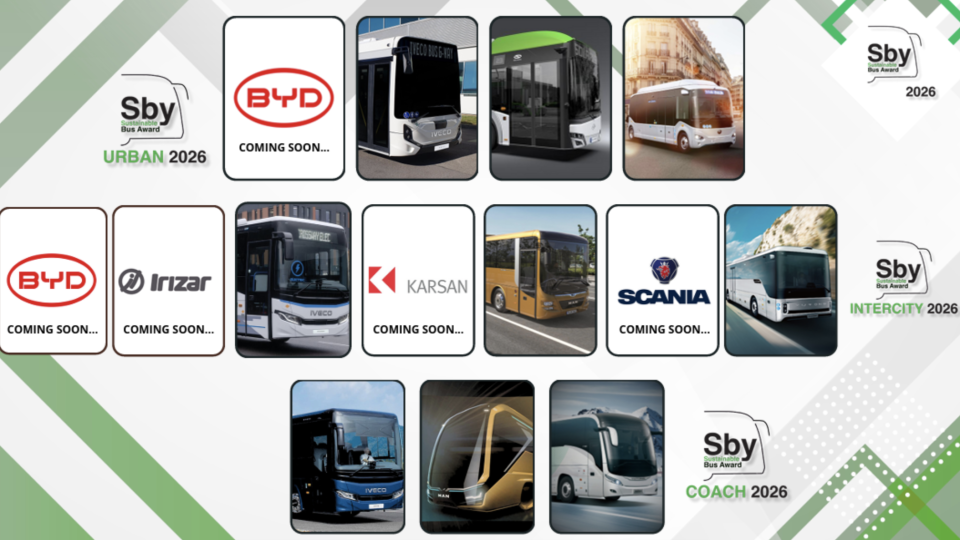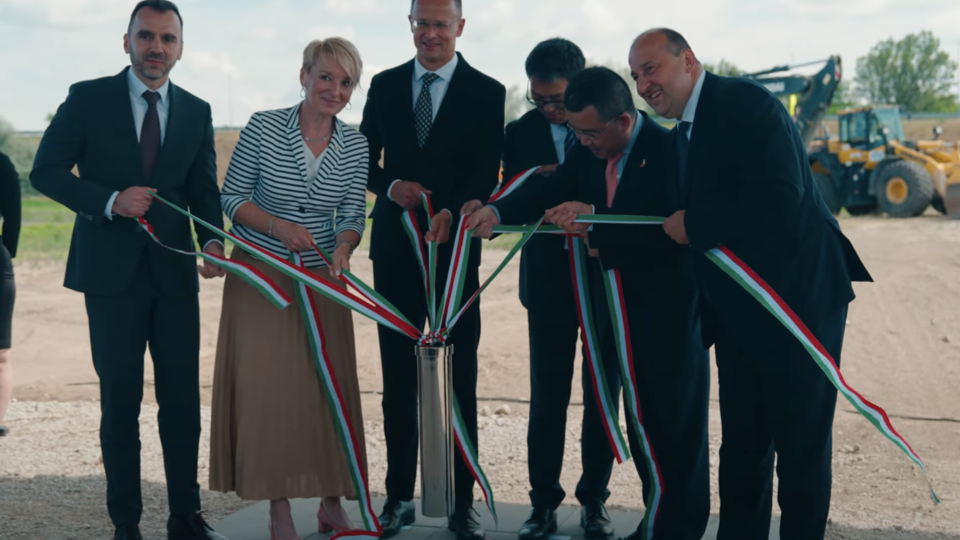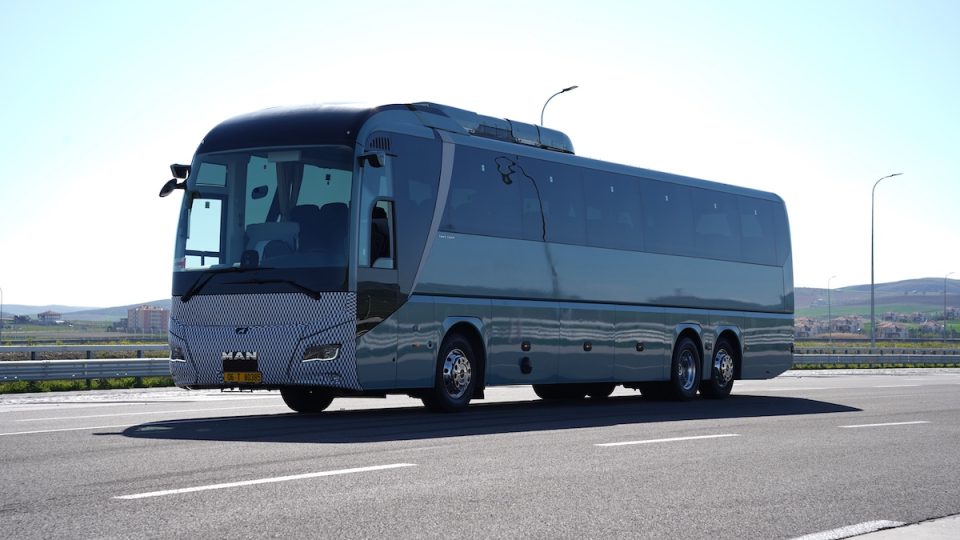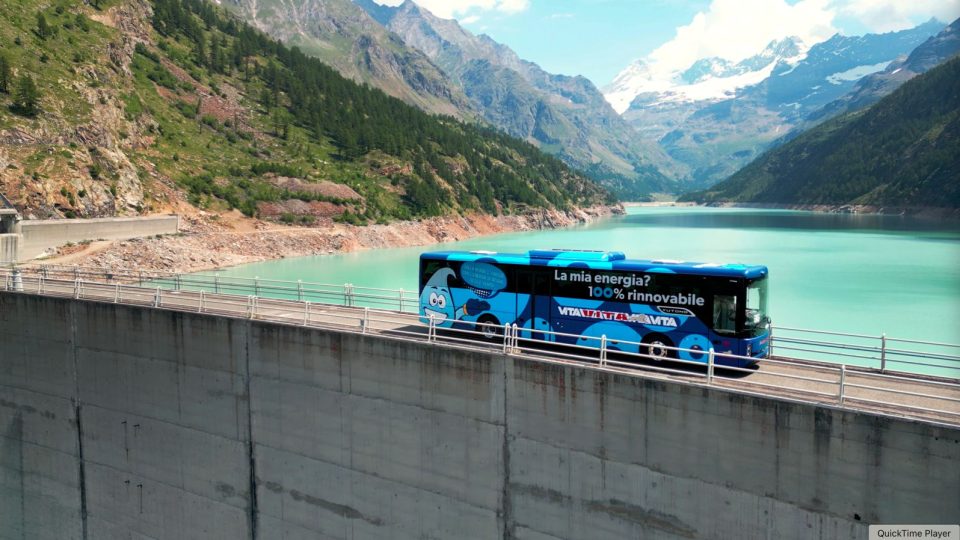ScotZEB scheme launched: £50 million for e-buses in Scotland in 2021
The Scottish Government has launched the first £50 million phase of a new Scottish Zero Emission Bus Challenge Fund (ScotZEB). The Fund replaces previous funding streams and is designed to encourage the market to agree and implement new and innovative ways to finance zero emission buses. Building on the success of the Scottish Ultra Low […]
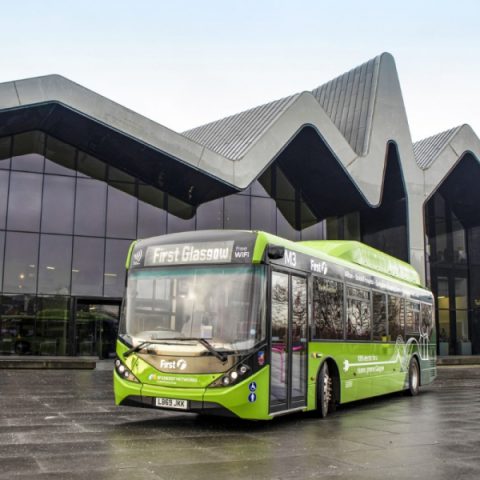
The Scottish Government has launched the first £50 million phase of a new Scottish Zero Emission Bus Challenge Fund (ScotZEB). The Fund replaces previous funding streams and is designed to encourage the market to agree and implement new and innovative ways to finance zero emission buses.
Building on the success of the Scottish Ultra Low Emission Bus Scheme, ScotZEB will now support Scotland’s green recovery, providing immediate economic stimulus and supporting the Scottish Government’s bold ambitions to decarbonise the bus fleet.
ScotZEB was unveiled by Transport Minister Graeme Dey at the Bus Decarbonisation Taskforce, which brings together senior leaders from the energy, bus and finance sectors to co-design a pathway to a fully decarbonised bus fleet. Mr Dey said: “To accelerate progress towards a zero emission bus fleet, we committed to convene a meeting of the Bus Decarbonisation Taskforce within our first 100 days. The Scottish Government has come to the table with an evolved offer for zero emission bus funding – building on the experience of previous schemes and designed in a way that maximises opportunities to attract sustainable financing and encourage innovative ways of doing so. £50 million is available in 2021 to help drive a green recovery, responding to the global climate emergency and to improve air quality. I’m excited to see results from the ScotZEB Challenge Fund and expect to offer a larger pot of funding in 2022 once it demonstrates its success.”
ScotZEB scheme for zero emission buses in Scotland
Steven Meersman, Co-Founder and Director of Zenobē said: “We’re incredibly proud to be part of Scotland’s net zero journey, helping to make sustainable, green transport accessible and affordable. The Scottish Ultra Low Emission Bus Scheme has already facilitated pioneering zero emissions transport projects in Dundee and Glasgow, highlighting what’s possible when there is strong collaboration between bus operators, government and business. We look forward to the ScotZEB scheme building on this success to further accelerate the update of zero emission electric buses.”
ADL President & Managing Director, Paul Davies said: “The Scottish Government continues to lead the way in funding cleaner, greener buses. We look forward to working with bus operators and the energy and finance sectors to ensure the benefits of this funding are felt across communities in Scotland. Its investment in local supply chains such as our production of electric and hydrogen buses in Falkirk will underpin skilled jobs and apprenticeships that are vital for the transition to net zero.”




